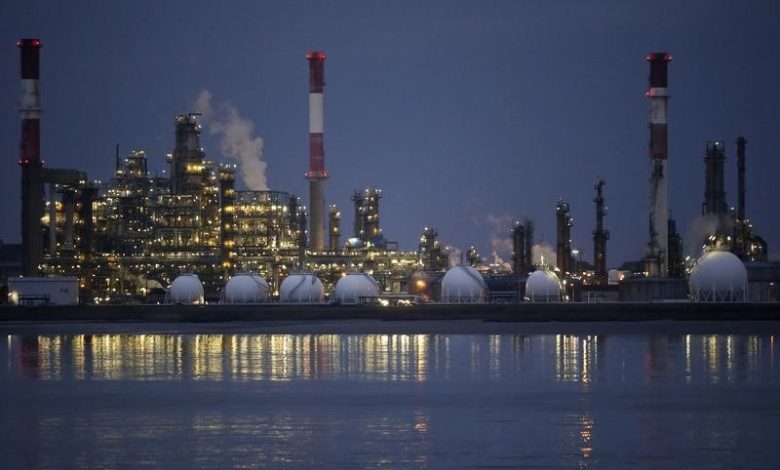
Indonesia Has No Plans to Decrease Palm Oil Content in Biodiesel Blend
By Divya Chowdhury
DAVOS, Switzerland (Reuters) – Indonesia will maintain the current palm oil percentage of 30% in biodiesel to safeguard the nation’s energy supply, according to Airlangga Hartarto, the country’s minister for economic affairs.
Hartarto emphasized that using palm oil helps reduce dependency on imported oil, especially in light of rising global oil prices, which have recently approached $110 per barrel. He noted that the budgeted oil price in Indonesia has been adjusted from $60 to $100.
“Energy security is our top priority, and thus the blending percentage will not be lowered,” Hartarto stated during an interview at the World Economic Forum in Davos.
As the world’s leading supplier of palm oil, providing 60% of global production, Indonesia has set the 30% biofuel requirement to lessen reliance on crude oil. The minister remarked that being dependent on oil in the current market would lead to dire consequences.
In a move to stabilize domestic cooking oil prices, Indonesia suspended exports of crude palm oil and certain derivatives last April, which had implications for global edible oil markets already affected by supply challenges due to the war in Ukraine.
Hartarto explained that the Indonesian government covers the gap between local energy prices and what is affordable for the citizens, as the price of energy is not fully passed on to consumers.
Recently, Indonesia’s Trade Ministry introduced regulations that require companies to obtain export permits tied to a Domestic Market Obligation (DMO). The specifics of this obligation are not detailed in the regulations, but the permits will have a validity of six months.
Prevailing DMO policies consisted of producers being mandated to sell a fraction of their products domestically at fixed prices, which had limited success in controlling cooking oil prices prior to the recent export ban. Hartarto indicated that the intention is to set the domestic sales requirement at 20%, down from the current 30%, contingent on a decline in oil prices.
Despite these challenges, Hartarto expressed optimism about Indonesia’s economic growth, which has shown strong performance at around 5% over the past two quarters, akin to Vietnam’s growth. He believes that this growth projection remains viable, although it is influenced by fluctuations in energy prices.
 GOOGL
GOOGL  META
META 


